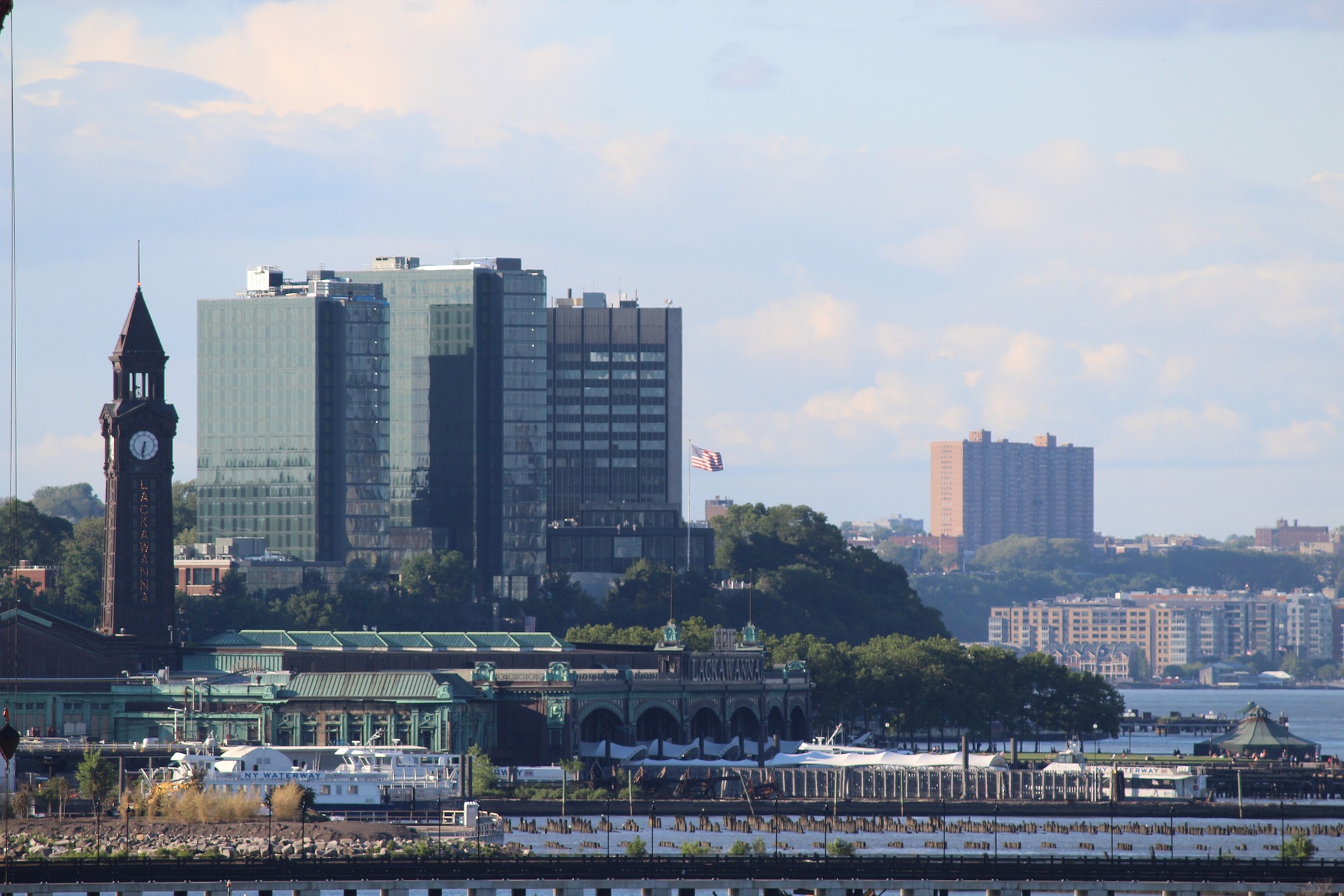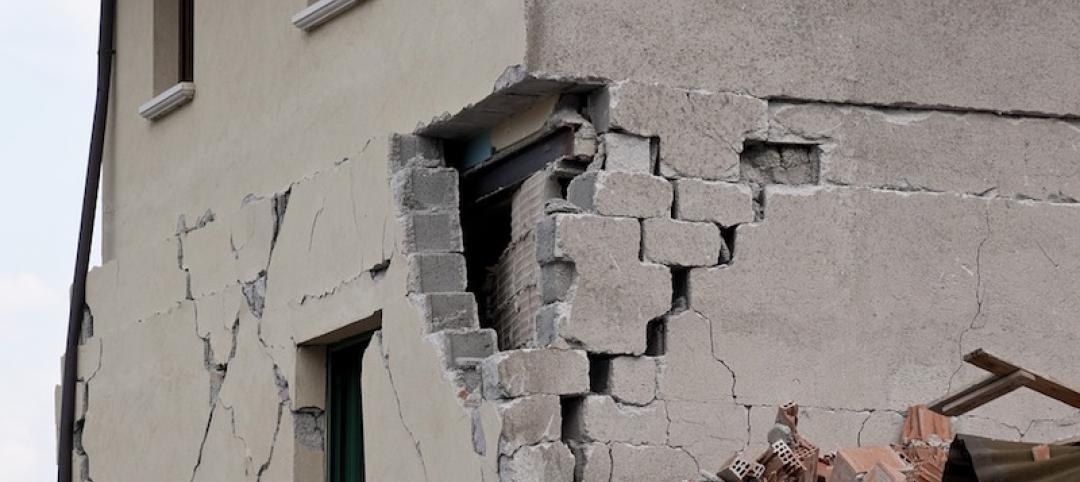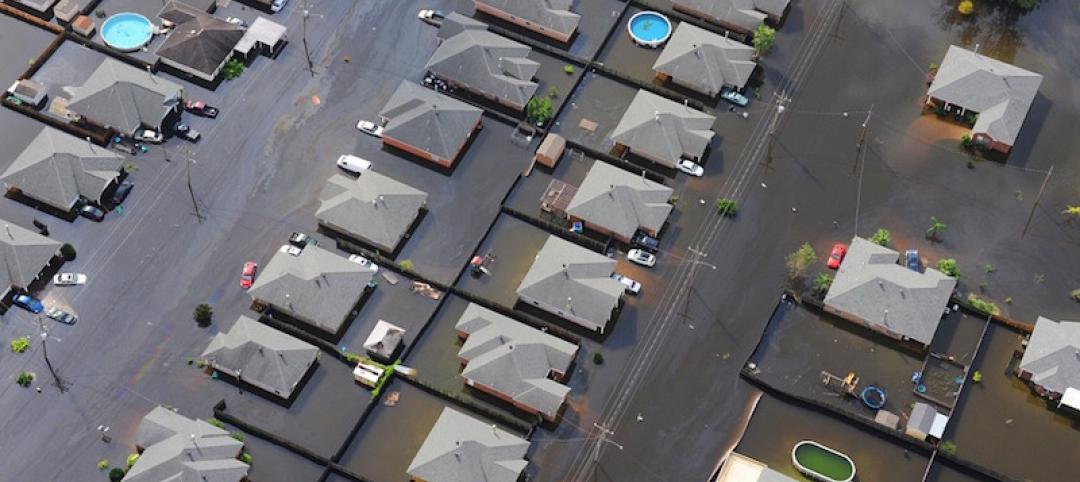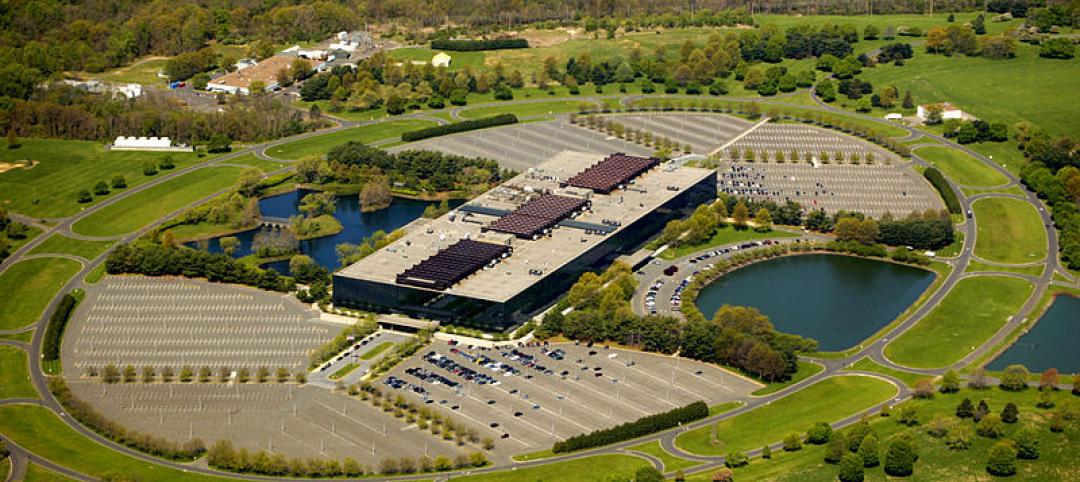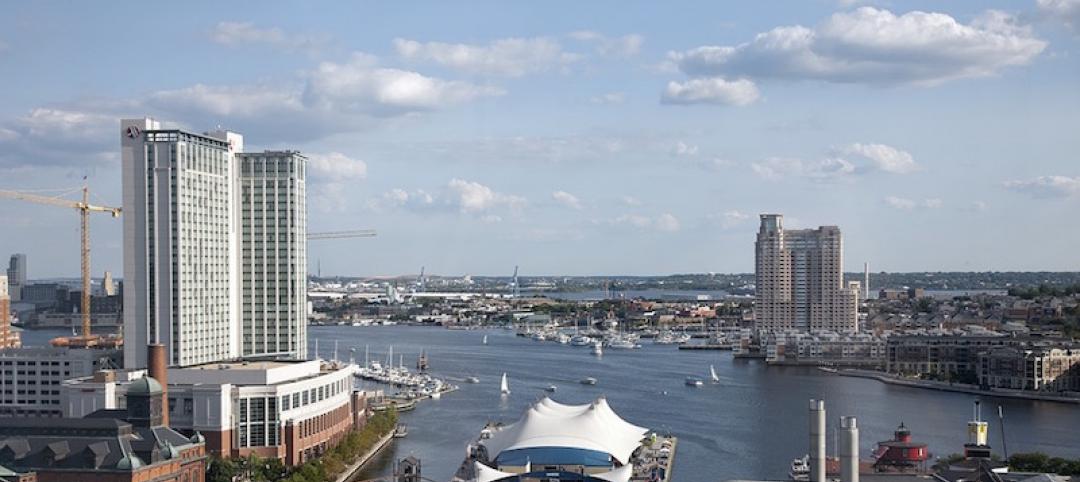Transportation policies enacted in Hoboken, N.J. over the past several years are paying off in the form of fewer pedestrian deaths and injuries.
The city has adopted daylighting, bike lanes, lower speed limits, and intersection redesigns to make its roads safer. The citywide speed limit was reduced to 20 miles per hour. Crosswalks have been painted and repaved to make it easier for drivers to see them. More than 40 curb extensions have been installed to direct cars farther from intersections. Bike lanes now grace about half of Hoboken’s roads.
The mayor says that a bucket of paint enables the city to create a curb extension and high visibility crosswalks to realize a much safer environment at a modest cost. The measures taken by Hoboken have resulted in no traffic death since January 2017, with injuries falling 41%. This safer environment occurred while pedestrian deaths in the U.S. reach 40-year highs.
Daylighting, implementing measures that prevent cars parking at the corner of an intersection, has been a key strategy. This initiative was realized with bump outs—extensions of sidewalks or the creation of small rain gardens in lieu of additional pavement, or the addition of bike racks or bollards.
Related Stories
Codes and Standards | Feb 22, 2018
GBCI will certify underwriting standard for energy efficiency projects
Investor Ready Energy Efficiency (IREE) certification aims to boost confidence in predicted energy and financial savings.
Codes and Standards | Feb 21, 2018
FEMA document provides simplified seismic design provisions for low-hazard regions
Forty four states have areas defined as low-hazard.
Codes and Standards | Feb 20, 2018
Federal budget includes disaster mitigation provisions
Bipartisan bill encourages states to adopt latest building codes.
Codes and Standards | Feb 19, 2018
Easy access to indoor environment controls yields improved efficiency and workplace productivity
JLL/Purdue University project is developing algorithms to improve indoor comfort.
Codes and Standards | Feb 14, 2018
After Energy Star stopped certifying medical properties, a REIT developed its own certification
Welltower uses internal system to evaluate total building performance.
Codes and Standards | Feb 13, 2018
Rezoning, innovative investor enabling development of a “metroburb” in New Jersey
Indoor mixed-use “Main Street” blossoms in giant former Bell Labs building.
Codes and Standards | Feb 12, 2018
Publication provides insight into managing risk of wind-borne debris damage
Explains how models and data are used to assess the risk of structural damage.
Codes and Standards | Feb 8, 2018
EPA’s Water of the U.S. rule delayed for two years while repeal sought
Controversial Obama-era regulation may never be implemented.
Codes and Standards | Feb 5, 2018
Astrophysicist turns his skills toward identifying and predicting location of vacant buildings
Project could help Baltimore and other cities redevelop blighted properties.
Codes and Standards | Feb 5, 2018
Denver’s new green roof mandate raises implementation policies
Voter initiative left many details undecided.


